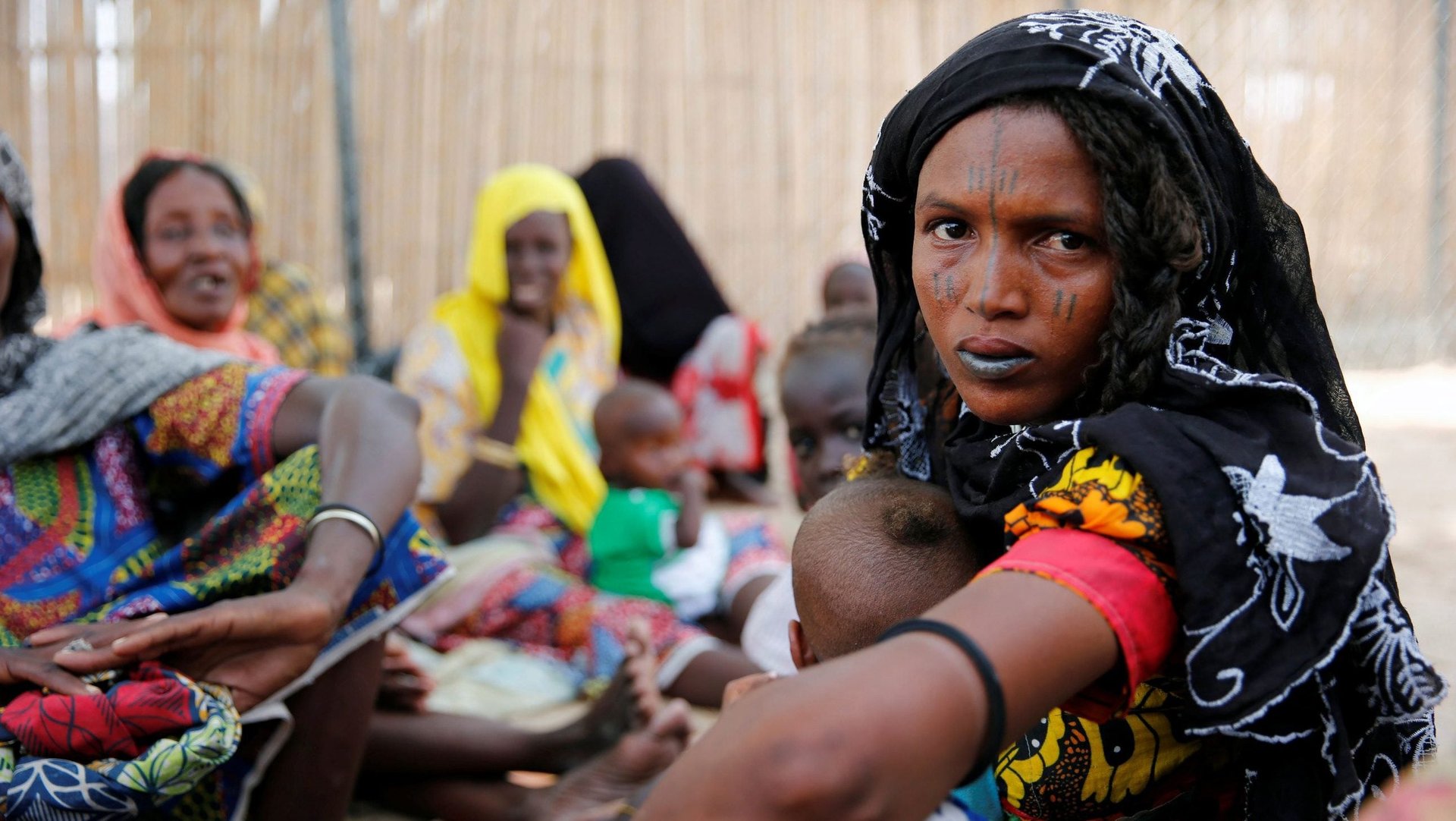Nigeria has become the poverty capital of the world
The United Nations’ Sustainable Development Goal (SDG) to end extreme poverty by 2030 is unlikely to be met—no thanks, in large part, to Nigeria.


The United Nations’ Sustainable Development Goal (SDG) to end extreme poverty by 2030 is unlikely to be met—no thanks, in large part, to Nigeria.
A new report by The World Poverty Clock shows Nigeria has overtaken India as the country with the most extreme poor people in the world. India has a population seven times larger than Nigeria’s. The struggle to lift more citizens out of extreme poverty is an indictment on successive Nigerian governments which have mismanaged the country’s vast oil riches through incompetence and corruption.
The 86.9 million Nigerians now living in extreme poverty represents nearly 50% of its estimated 180 million population. As Nigeria faces a major population boom—it will become the world’s third largest country by 2050—it’s a problem will likely worsen. But having large swathes of people still living in extreme poverty is an Africa-wide problem.
Crucially, of those countries in top ten, only Ethiopia is on track to meet the United Nations’ SDG of ending extreme poverty by 2030. Outside the top ten, only Ghana and Mauritania are also on track with the SDG target. Indeed, of the 15 countries across the world where extreme poverty is rising per World Poverty Clock data, 13 are currently in Africa.
As a consequence, the mission to end extreme poverty globally is already at risk. By July 2018, 83 million people would have been lifted out of extreme poverty since January 2016—but the number is 37 million people fewer than the required to meet the 2030 target.